French millers have been forced to source strong wheat from Canada for the first time in decades, after heavy rain damaged the 2014 harvest.
As a result, prices of French wheat and flour are up around 10% to record highs, according to a report issued by French bank Crédit Agricole.
Heavy rains badly affected the quality of the wheat used for bread making, Christophe Duchez, export director of Grands Moulins de Paris told British Baker.
He commented: “In total, 65% of the wheat growing areas are affected by wheat germination in the fields. The protein rate is 1% lower than previous harvest and the bread making tests have been very bad for a majority of high quality French bread making wheat varieties (BPMF classification).”
The Hagberg falling number was as low as 100 seconds for some wheat from around Paris, and was around 150 to 180 generally, less than the minimum 220 required to make a good baguette, Duchez explained.
Storage was also proving a problem with sprouting grain putting even more pressure on prices.
He said: “The quantity of the harvest was above average, we had 37m tonnes, compared to a French average of around 35m. We only need 5m tonnes for milling so usually we have plenty. However, it is the quality that is the problem; the wheat was suitable for feed not food. Germany was also not in a good situation with the harvest, so we have sourced from Canada, and we have not done that since before I was born.”
Some good quality bread making wheat was also sourced from South-West of France and Grands Moulins de Paris had produced a consistent and good quality bread making French flour, he said.
Political and economic factors such as the Ukrainian crisis, the Russian ban on wheat exports, and the impact of euro/dollar exchange rate also pushed up French bread making wheat and flour prices, he said.








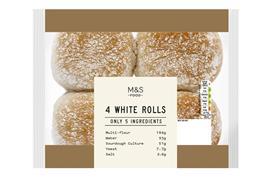












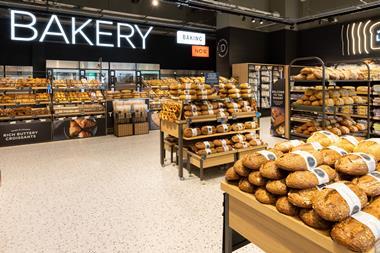

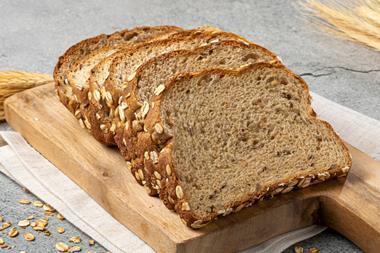

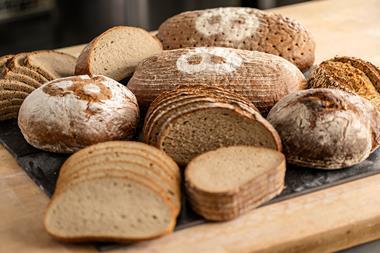

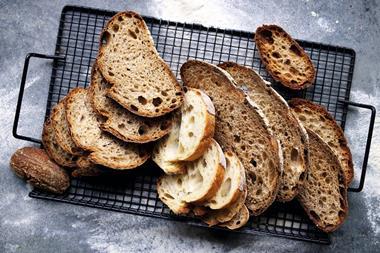

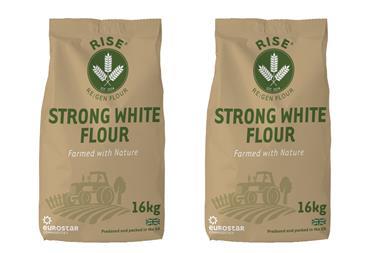


No comments yet